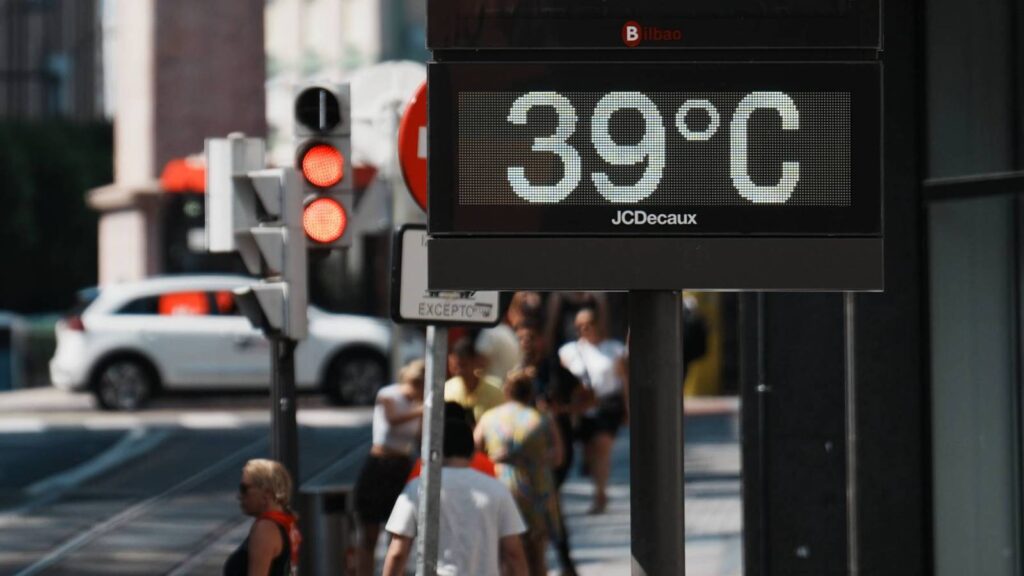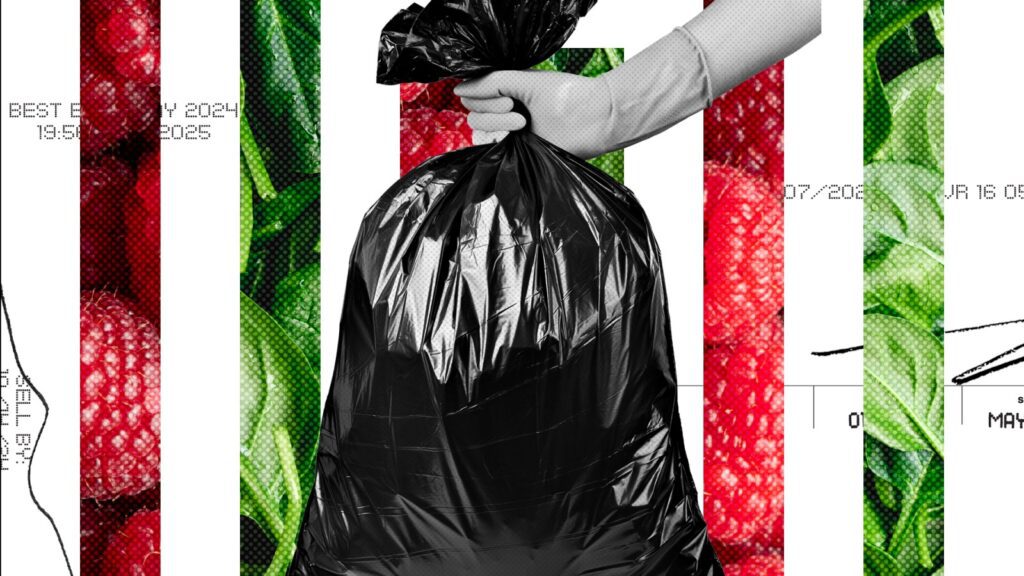Woodstock Went Down During A Pandemic, So What's Different Now?
On May 1, Jeffrey Tucker published an op-ed on AIER entitled, “Woodstock Occurred in the Middle of a Pandemic,” that aimed to examine the differences between the 1969 festival that occurred during in the midst of the H3N2 pandemic that killed an estimated 1 million people worldwide, and 100,000 in the U.S. alone.
As of today, COVID-19 has infected 4.18 million worldwide with 268,000 deaths only six months after the first confirmed case in Wuhan, China. So what’s different now?
Tucker notes a number of possible factors: the rise of mass media, the rise of the internet, a change in philosphy in respect to how politics can determine health policies, or possibly even a Trump component. There was no mass quarantine in 1968/69, no social distancing or lockdowns. According to Tucker, 23 states closed schools, but it was mostly due to the students themselves just not showing up, rather than any kind of state/federal decree.
Culturally, there was a lot more going on during that time: the moon landing and the Vietnam War, the cultural upheaval of the civil-rights movements, student protests, and the sexual revolution.
Woodstock ’69 was attended by approximately 400,000 people, still one of the largest festivals ever, and hardly any infections or deaths were linked to it. This could go back to the absence of mass media and internet — it’s possible those deaths/infections just went unreported. Like COVID-19, H3N2 disproportionately affected the elderly and infants more than the non-immunocompromised.
So what’s different now?
Ultimately, the answer to that question is so much more complex than the individual data points you could point to. States have begun relaxing their lockdown orders in phases, with some beginning to open curbside pickup for establishments and others even considering opening restaurants. California, one of the most stringent states, just extended its stay-at-home order until July. In the end, it comes down to a simple credo: We will never know if we did too much, but we will absolutely know if we did too little.




